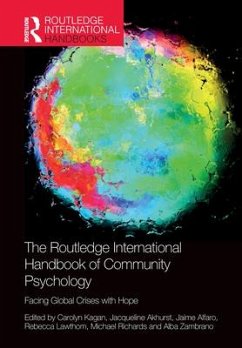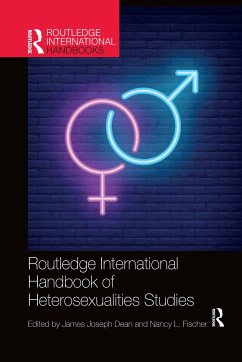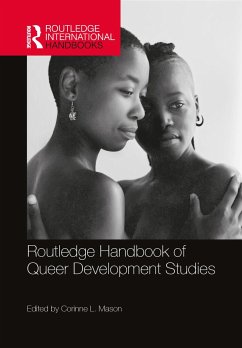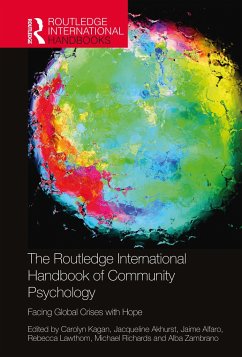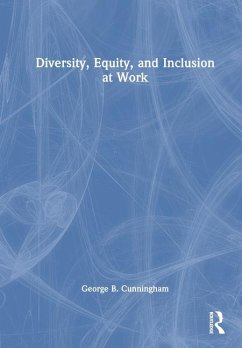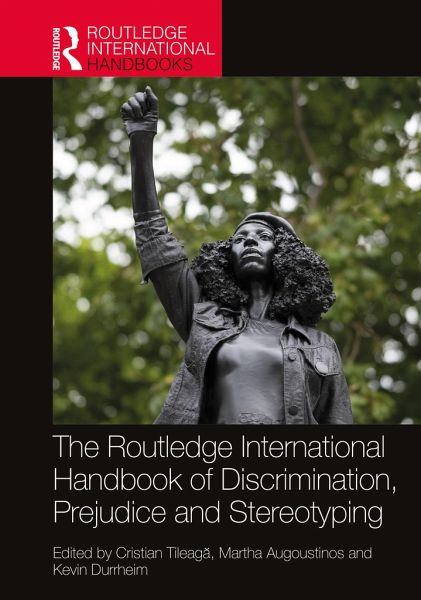
The Routledge International Handbook of Discrimination, Prejudice and Stereotyping
Versandkostenfrei!
Versandfertig in 6-10 Tagen
49,99 €
inkl. MwSt.

PAYBACK Punkte
25 °P sammeln!
This handbook explores prejudice, stereotyping and discrimination primarily as phenomena embedded in the social organization of societies and connected to structural factors and larger societal systems. It offers a unique critical and cross-disciplinary approach to the study of contemporary manifestations of prejudice, stereotyping and discrimination.New socio-psychological analyses of the most pressing social problems of our age bring into view future directions of research on prejudice, stereotyping and discrimination oriented to social change and collective action and that engage with wider...
This handbook explores prejudice, stereotyping and discrimination primarily as phenomena embedded in the social organization of societies and connected to structural factors and larger societal systems. It offers a unique critical and cross-disciplinary approach to the study of contemporary manifestations of prejudice, stereotyping and discrimination.
New socio-psychological analyses of the most pressing social problems of our age bring into view future directions of research on prejudice, stereotyping and discrimination oriented to social change and collective action and that engage with wider systems of norms and discourse. The editors draw on social psychology, sociology, social policy, clinical psychology, cultural studies and feminist, antiracist and decolonizing social science to show how social psychology can successfully rekindle its intellectual dialogue with kindred social science fields to create broader foundations for the exploration of the paradoxes lodged at the heart of the social expression of prejudice in liberal democracies.
This is essential reading for anyone interested in prejudice, discrimination and stereotypes. The handbook will be of interest to academics and researchers exploring both the quantitative and qualitative aspects of discrimination, inequality and social exclusion, as well as students undertaking masters or doctoral studies in social psychology, political psychology and political science.
New socio-psychological analyses of the most pressing social problems of our age bring into view future directions of research on prejudice, stereotyping and discrimination oriented to social change and collective action and that engage with wider systems of norms and discourse. The editors draw on social psychology, sociology, social policy, clinical psychology, cultural studies and feminist, antiracist and decolonizing social science to show how social psychology can successfully rekindle its intellectual dialogue with kindred social science fields to create broader foundations for the exploration of the paradoxes lodged at the heart of the social expression of prejudice in liberal democracies.
This is essential reading for anyone interested in prejudice, discrimination and stereotypes. The handbook will be of interest to academics and researchers exploring both the quantitative and qualitative aspects of discrimination, inequality and social exclusion, as well as students undertaking masters or doctoral studies in social psychology, political psychology and political science.





